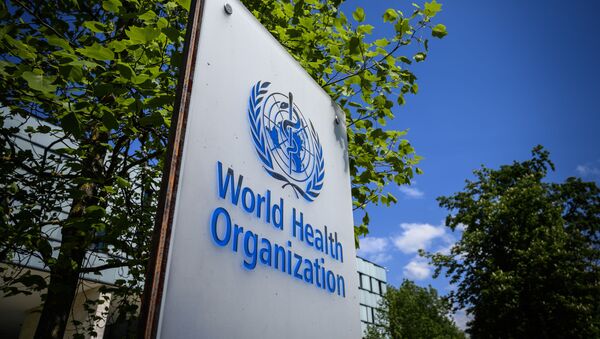“We do have some treatments that seem to be in very early studies limiting the severity or the length of the illness, but we do not have anything that can kill or stop the virus,” WHO spokesperson Margaret Harris said during a Tuesday briefing, Reuters reported.
“We do have potentially positive data coming out, but we need to see more data to be 100% confident that we can say this treatment over that one,” she added.
Remdesivir, a drug which was initially developed by Gilead Sciences as a potential treatment for Ebola, has shown significant effectiveness in reducing coronavirus symptoms, according to several medical experts and studies.
In late April, Anthony Fauci, one of the leading doctors assigned to the White House Coronavirus Task Force, said that the “data shows that remdesivir has a clear-cut, significant, positive effect in diminishing the time to recovery.
The results from a Hong Kong trial released this month also revealed that a combination of antiviral medicines, namely HIV medicine lopinavir-ritonavir, hepatitis drug ribavirin and the multiple sclerosis drug interferon beta, helped reduce mild to moderate COVID-19 symptoms and decrease the viral loads of study participants.
However, Harris also warned that coronaviruses are typically “very tricky viruses” that are “difficult to produce vaccines against.” Currently, more than 100 potential COVID-19 vaccines are being developed around the world, although the WHO said in April that creating a vaccine would take at least 12 months.
One potentially promising vaccine is being developed by the University of Oxford. The institution expects to have the first indications of whether its vaccine - called ChAdOx1 nCoV-19 - works on humans in mid-June.
Human trials for the coronavirus vaccine developed by the university began on April 23, after the drug showed promising results by protecting six rhesus macaque monkeys from large amounts of COVID-19 in late March.
Harris on Tuesday also revealed that even though the US is currently at the “center” of the pandemic, with almost 1.4 million confirmed cases, there is a rising number of COVID-19 cases in Africa.
"Around the world we have seen that the warnings we put out right from the start, very, very early on, were not seen as warnings about a very serious, lethal disease,” Harris responded, when asked about the reason for the high number of COVID-19 cases in the US and Brazil.



